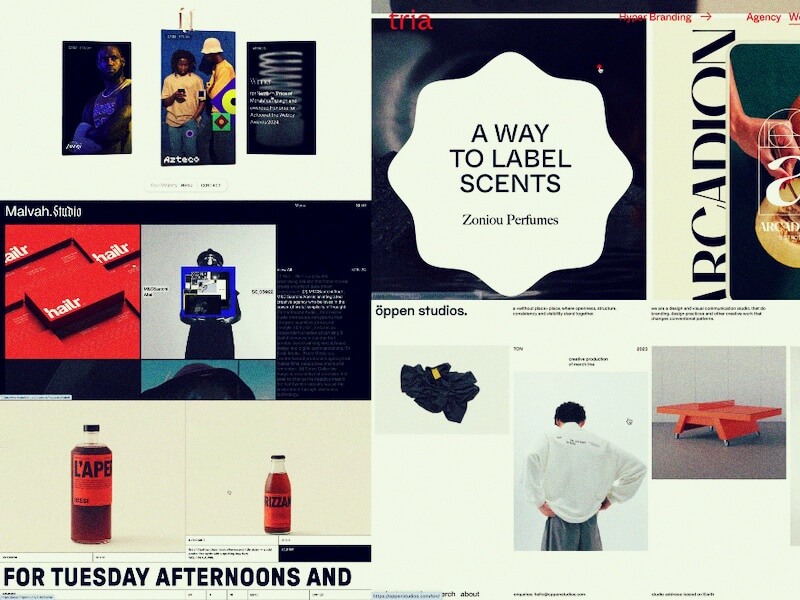Exploring the evolution of artificial intelligence and its implications for work, education, and humanity was the focus of a discussion held on MIT’s campus on May 2 featuring MIT President Sally Kornbluth and OpenAI CEO Sam Altman.
The success of OpenAI’s ChatGPT large language models has sparked significant investment and innovation in the AI field. ChatGPT-3.5 quickly became the fastest-growing consumer software application in history after its launch in late 2022, with millions of users. OpenAI has also showcased AI-driven image, audio, and video generation products and partnered with Microsoft.
The event, held at a packed Kresge Auditorium, captured the excitement surrounding AI and looked towards the future.
“I think most of us can recall the first time we encountered ChatGPT and were amazed by it,” Kornbluth said. “Now, we are contemplating what the next generation of AI will bring.”
Altman embraces the high expectations surrounding his company and the AI field in general.
“I find it fantastic that people were eagerly anticipating ChatGPT-4 for two weeks, and then were already asking about GPT-5 by the third week,” Altman said. “This reflects positively on human ambition and the drive to continually improve things.”
Diving into the ethical challenges of AI
Early in their conversation, Kornbluth and Altman delved into the ethical dilemmas posed by AI.
“We have made significant progress in aligning AI systems with a set of values,” Altman noted. “While there are concerns about potential harmful outcomes, GPT-4 has shown promise in adhering to desired values, though not perfectly. However, determining universal conduct guidelines remains a challenge due to differing opinions on how AI systems should behave in various situations.”
Kornbluth highlighted the difficulty of eliminating bias in AI systems.
“The question of whether we can make models less biased than humans is intriguing,” she remarked.
Privacy concerns related to the extensive data required to train current large language models were also raised. Altman acknowledged that AI has added complexity and higher stakes to longstanding privacy issues, with the emergence of new questions posed by powerful AI systems.
Addressing job displacement and energy consumption concerns, Altman expressed optimism that future AI models would offer solutions.
Altman also discussed the potential for AI to revolutionize scientific discovery, emphasizing its role in driving sustainable economic growth.
Offering advice to students about career choices, Altman encouraged them not to limit themselves and to embrace the unknown.
Altman’s broader message focused on staying optimistic and working towards a better future, urging individuals to reject pessimism and strive for progress and prosperity.






















